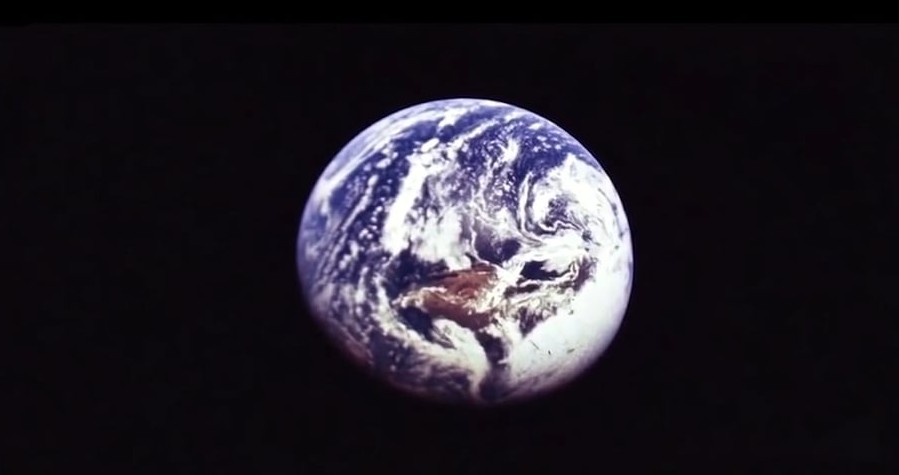We are entering an age of massive technological disruption and social upheaval. Having celebrated Endeva’s 10 year anniversary in 2017, we are getting ready for our next decade of work in a fast changing world. Here are our 4 New Decade’s Resolutions:
1) Add technology. Technological innovations enable business solutions in markets that have so far been impenetrable. Drones can reach the last mile. Artificial intelligence can interpret complex datasets, such as health data to improve diagnosis and treatment of low-income patients. Blockchain enables trustworthy contracts in the absence of legal structures, for example to secure land rights. While in our first decade of work we have focused on innovative business models and supporting ecosystems to enable inclusive business, we are adding technology as a basic ingredient to identify and advance opportunities for transformative change.
2) Make collaboration work. Technological innovations create the potential for transformative change, but realising this potential requires the collaboration of a multitude of actors. ii2030 is our initiative to curate technology-based systems change. Together with partners, we identify tech-enabled opportunities for transformative change and bring together just the right set of actors to make it happen. For example, many actors are developing technical solutions for small farmers to access markets and information, such as mobile weather or market prize information services. Our ii2030 initiative on precision agriculture brings them together on a platform with organizations that directly work with smallholders. Through the platform, smallholders get access to a full suite of services, including inputs, machinery and finance. They can leapfrog in productivity and all partners can realize operational synergies. We see our role in developing cross-organizational collaboration as a social technology.
3) Tackle exclusion – not only in low-income countries. Technological innovations will disrupt how we live, and will leave some people worse off as a result. Machines are replacing humans in many jobs. Massive migration is changing social structures. In our first decade, we have focused our work on specific places, the slums and villages in low-income countries. In the future, marginalization will be less defined by place and more by social factors like education, health, or networks. We see the concepts and methodologies we have developed to purposefully include marginalized groups into business opportunities as equally relevant for those who face exclusion in wealthier societies. For example, we have used tools developed for entrepreneurs in low-income markets to support refugee entrepreneurs in Germany.
4) Empower people. With our typical consulting pyramid structure, we felt that our internal processes limit our organization and the individuals within to realize their full potential. We experience the same limitation with our partners: many good ideas and projects have been buried under organizational pyramids. With our transformation to a Holacracy, a self-managed organization, we aim to unleash our potential to create change, empower our internal team and associated experts to drive projects, and further enhance our ability to collaborate with others. Many of our partners are on a similar journey. If more people are able to follow their heart and make a positive change in the world, will the next decade see the end of pyramids in societies and organizations? We could enter the age of circles, granting opportunity to everyone to realize their full potential.
The impact of technology, be it good or bad, is often portrayed like a fate looming over humanity. We prefer to look at it as an enabler of social progress, which we have to create consciously and collectively . The challenge is to make our organisations and social systems fit to realize the opportunities opened up by technological innovations. We thank you for your collaboration so far, and invite you to continue with us on the journey to more inclusive societies, everywhere.


